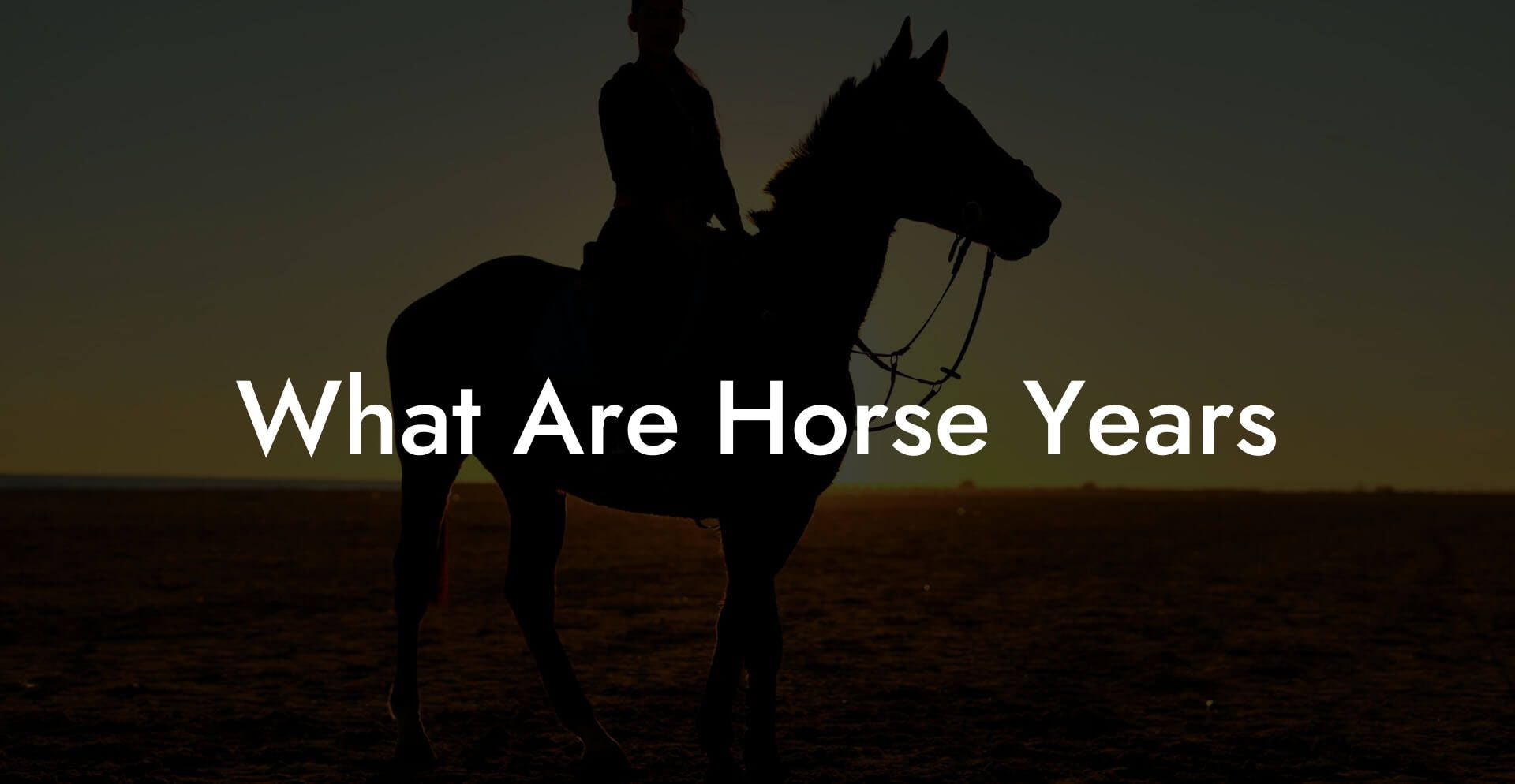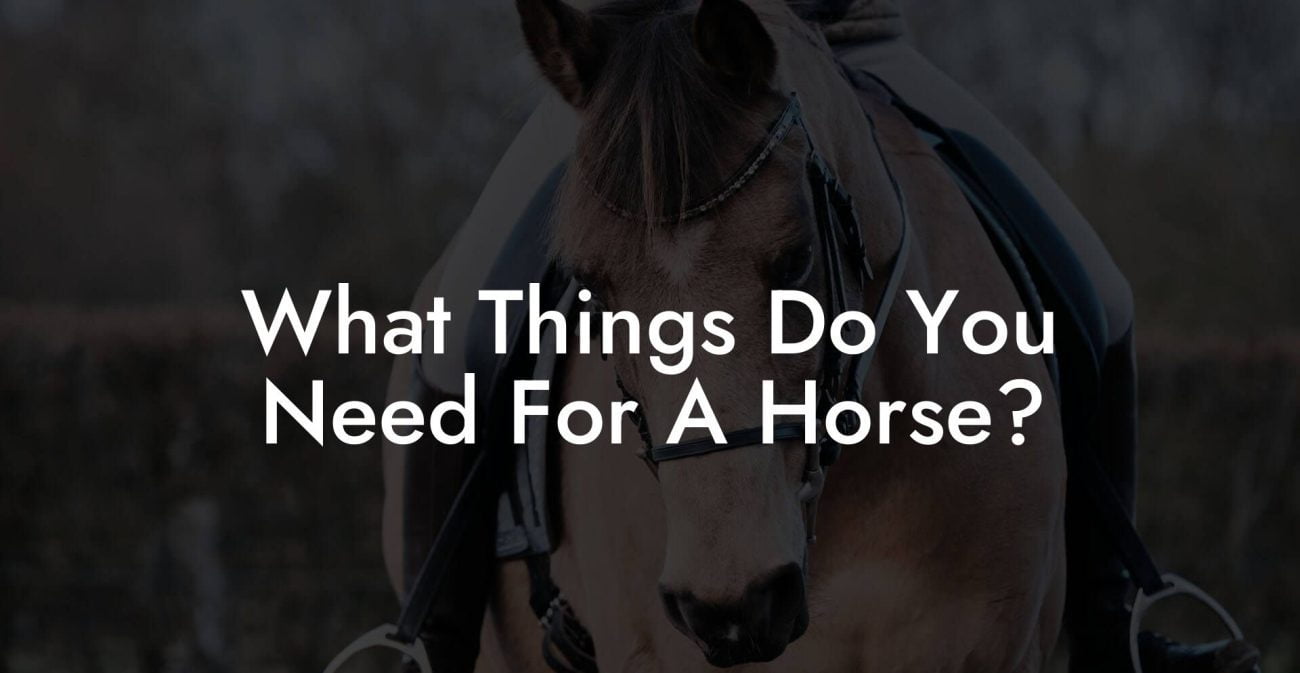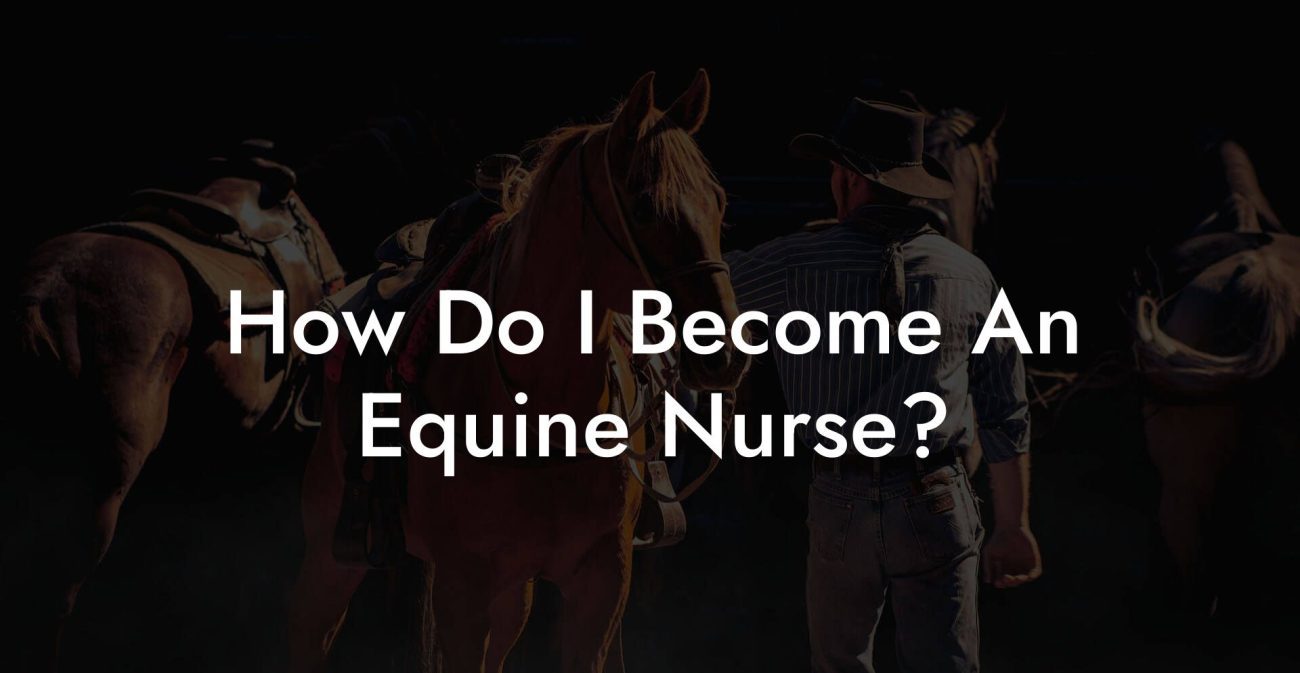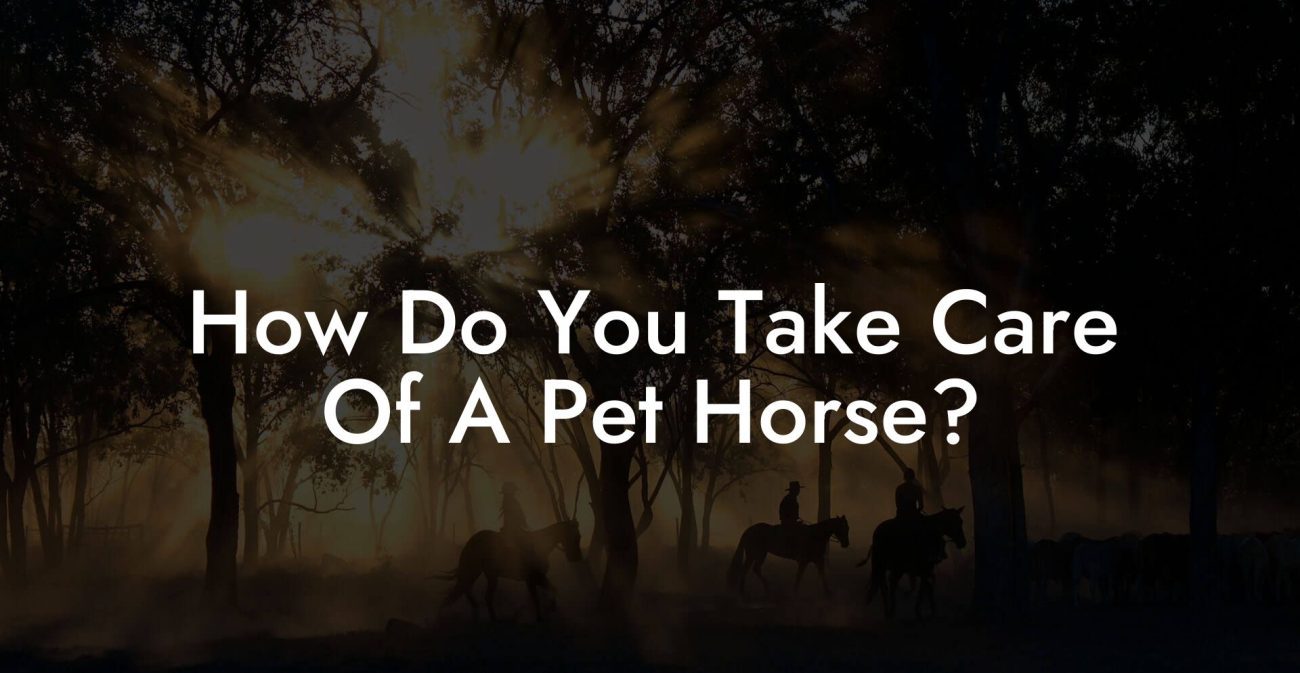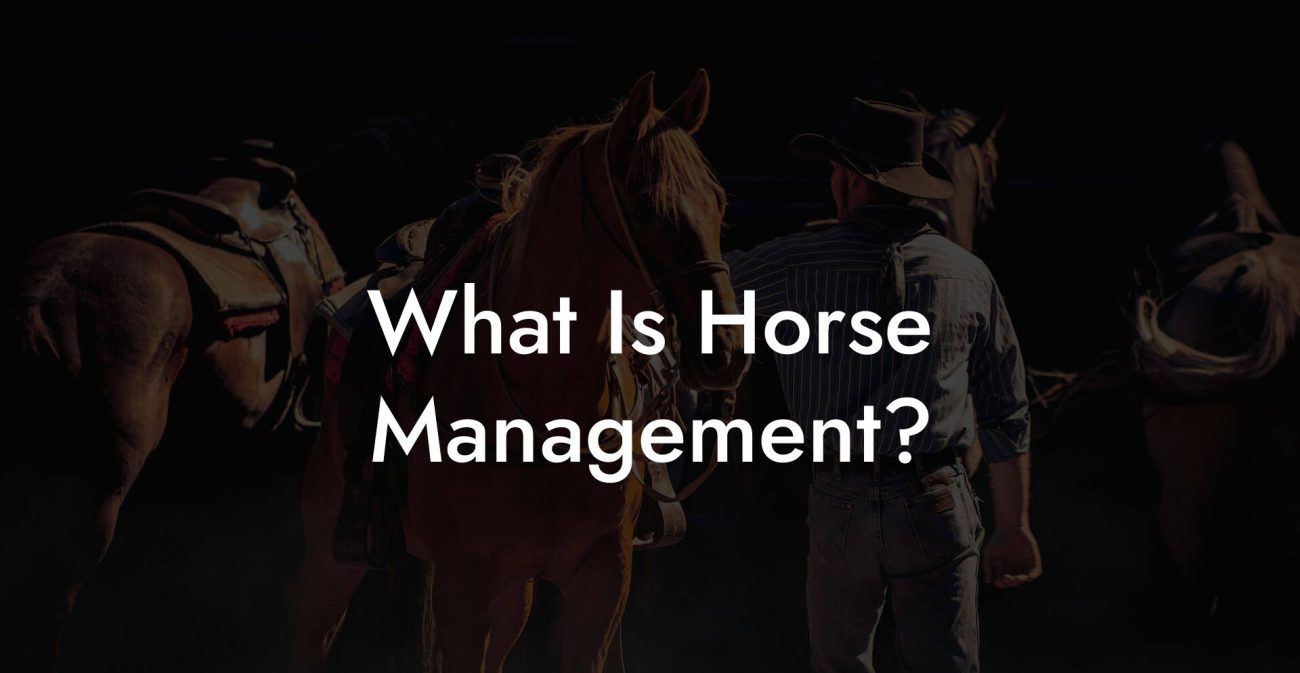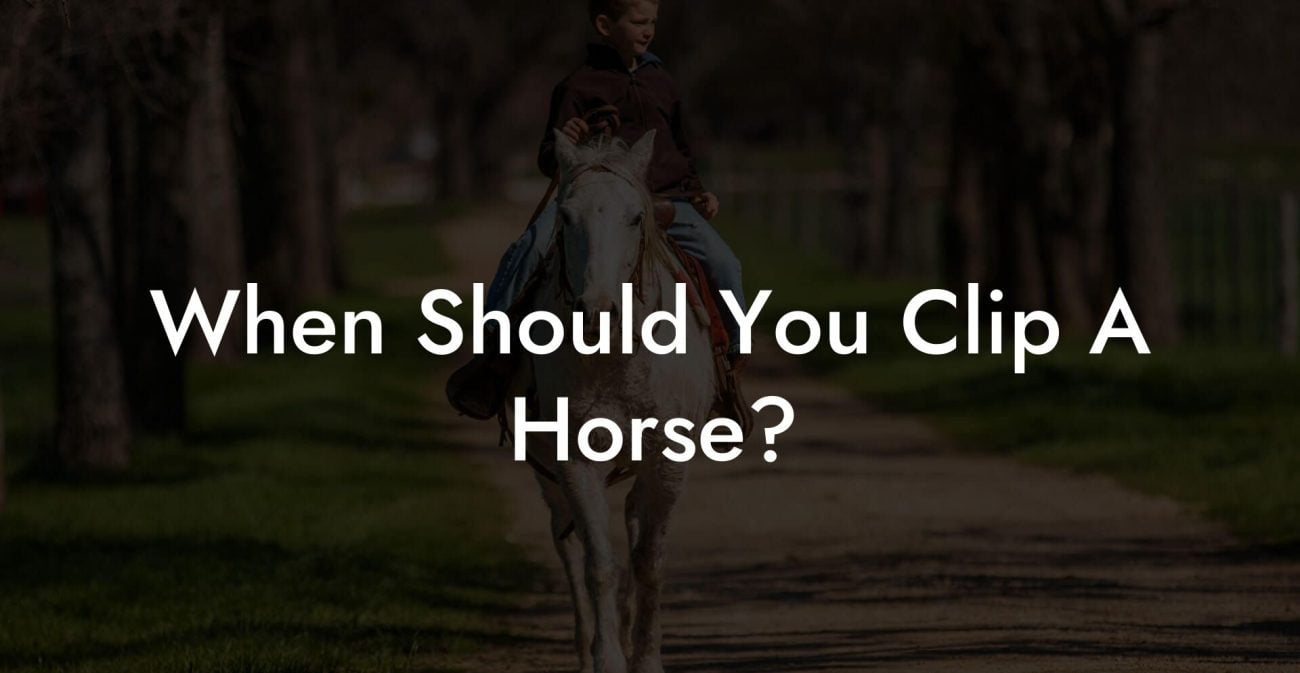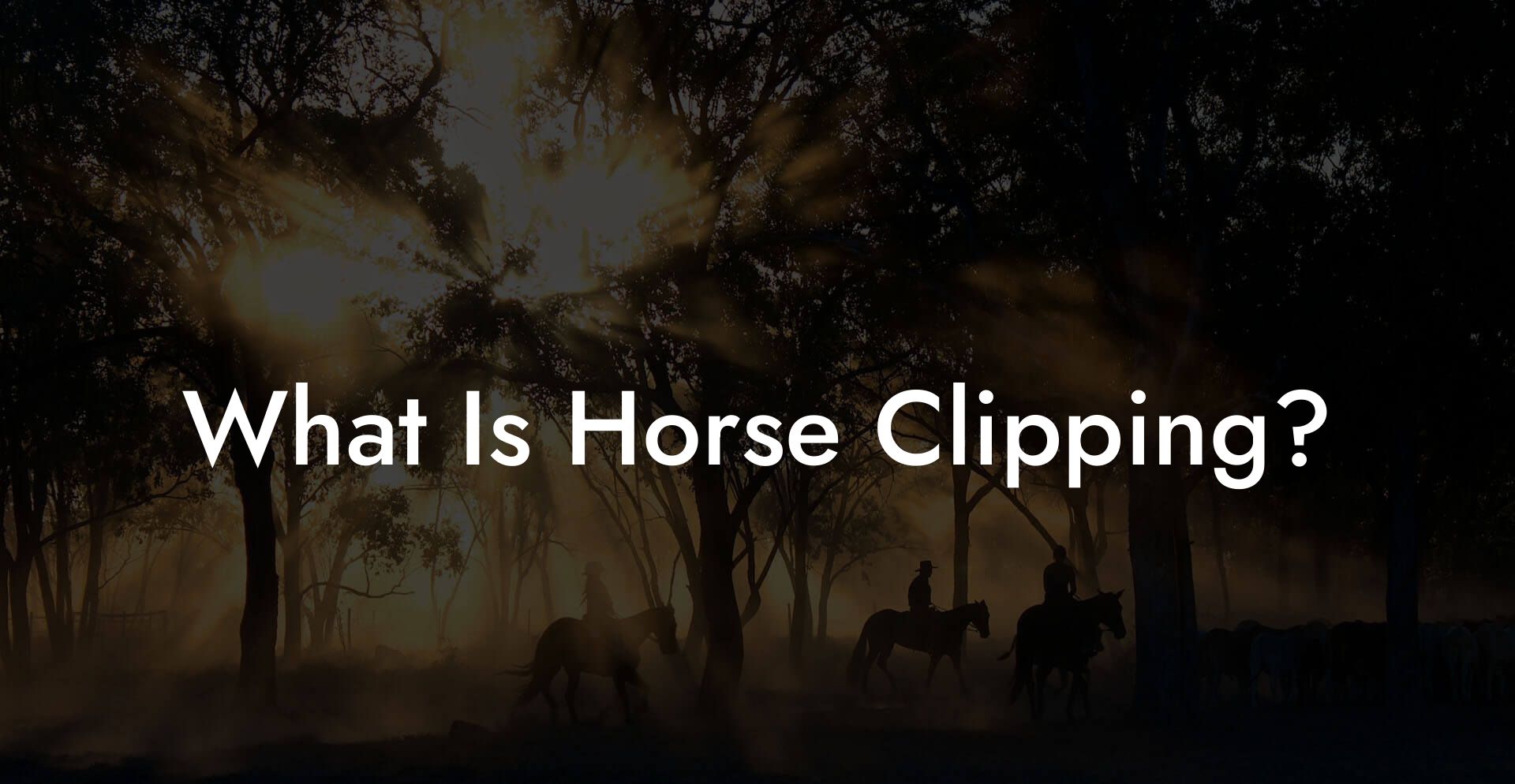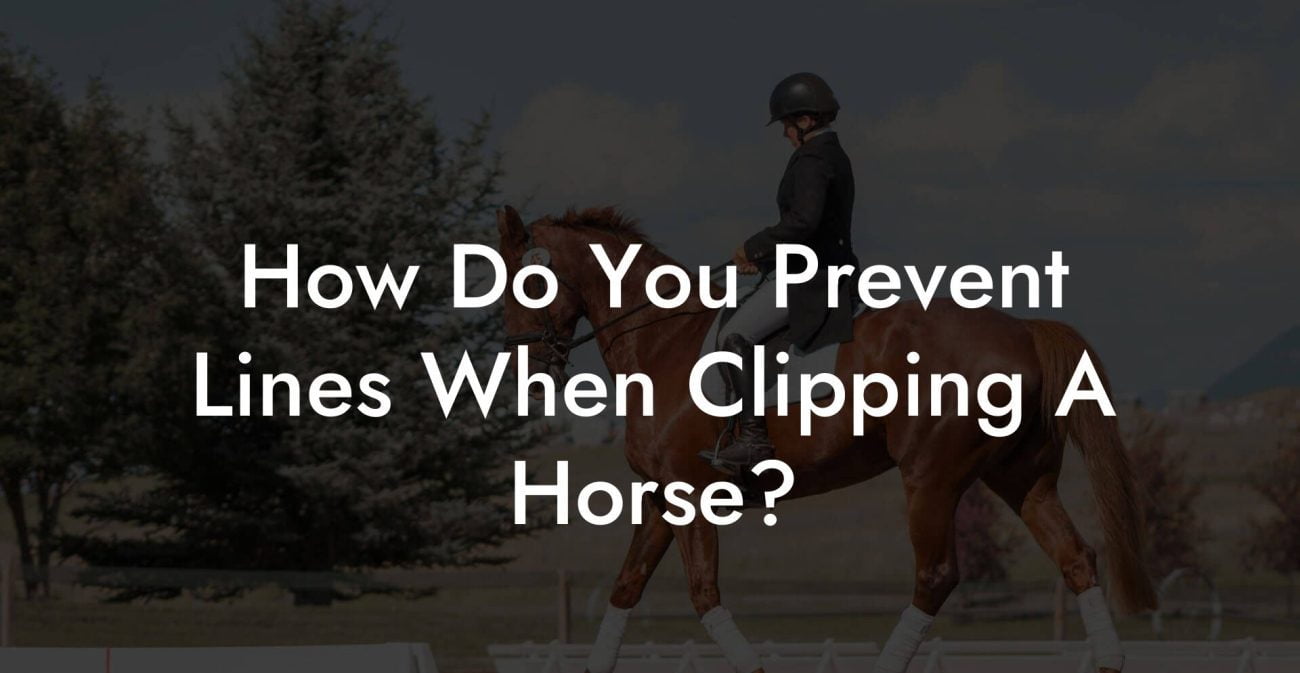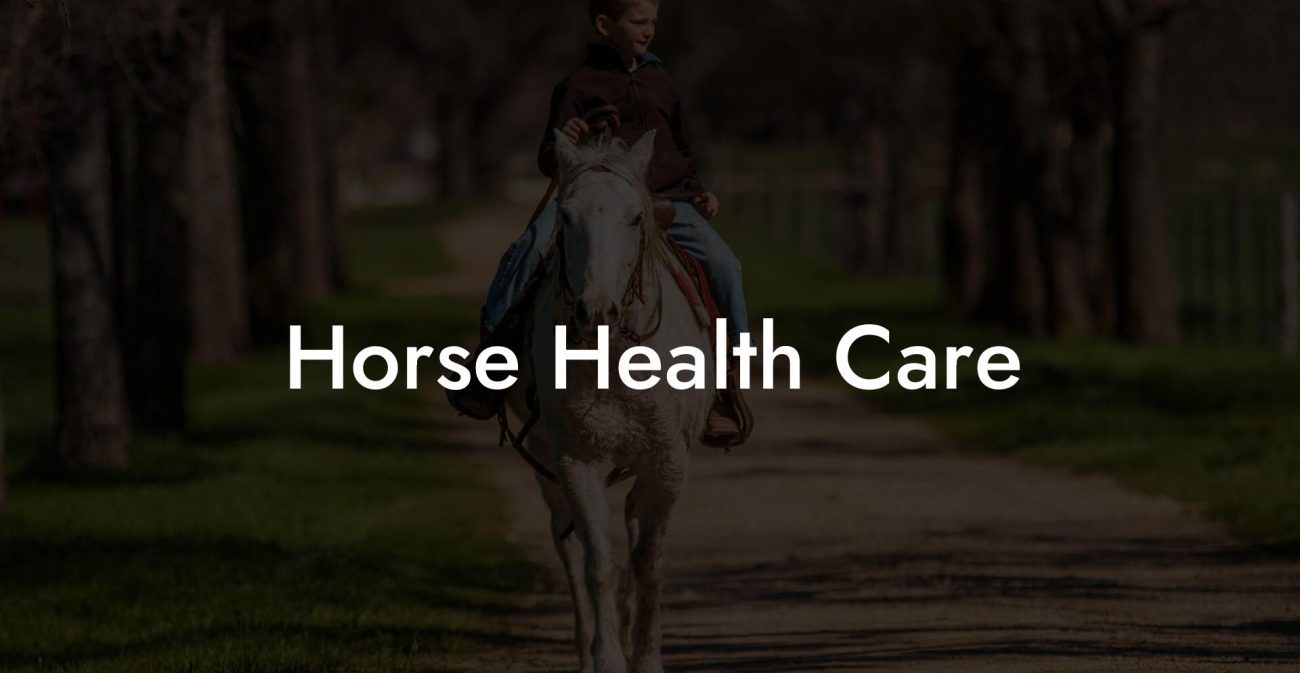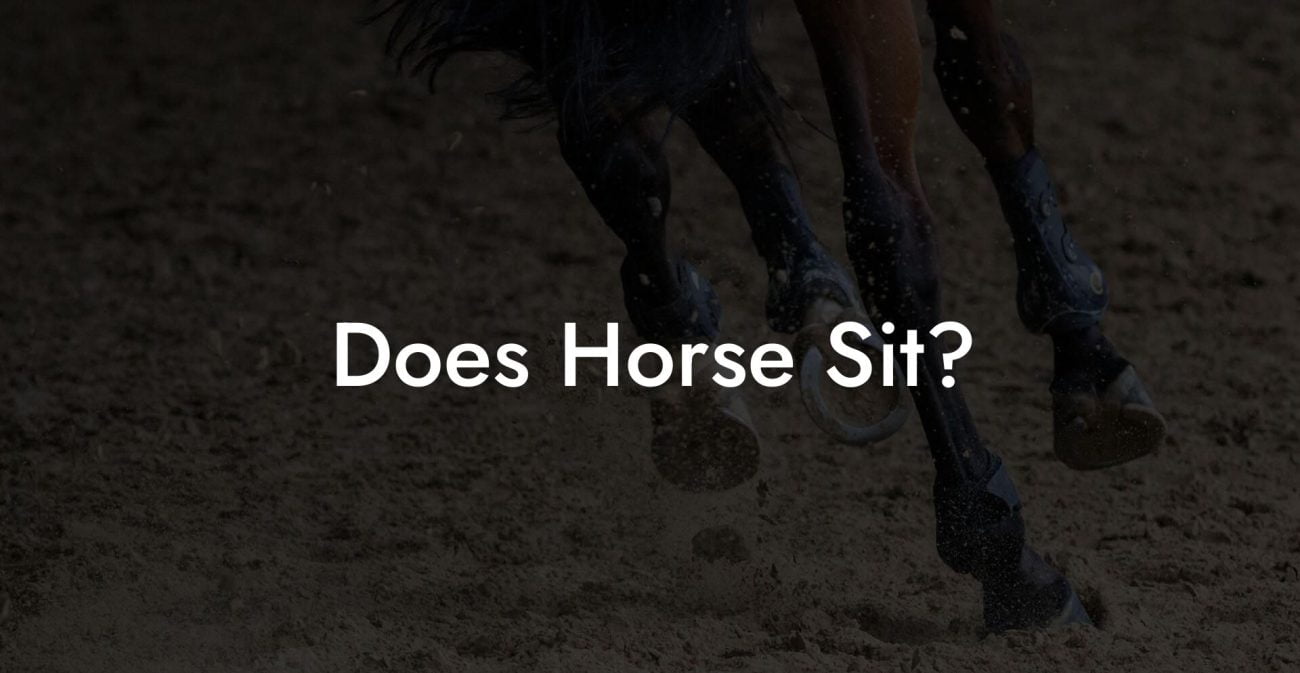Ever wonder if your horse’s birthday should be marked by a flashy cake and confetti, or if it’s more of a “Hey, you’re one year wiser, and maybe a bit slower than before” affair? Let’s saddle up and dive into the intriguing world of horse years, a concept that goes beyond simple birthdays to capture the essence of a horse’s aging journey. Whether you’re a first-time equine enthusiast or an experienced rider looking to brush up on proper care, this guide will gallop you through everything you need to know about what horse years really mean.
Quick Links to Useful Sections
- What Are Horse Years, Anyway?
- The Science Behind Horse Aging
- Horse Years and Human Years: Drawing the Equine Connection
- Key Milestones in a Horse's Life
- The Foal Stage (0-1 Years)
- The Yearling Stage (1-2 Years)
- Maturity: The Prime of Life (3-14 Years)
- The Senior Stage (15+ Years)
- Essential Equine Care Tips for Every Stage of Life
- Nutrition That Fits the Stage
- Exercise and Physical Activity
- Preventative Healthcare and Regular Vet Visits
- grooming and Mental Well-Being
- Advanced Equine Health: Modern Tools for Timeless Care
- Debunking Common Myths About Horse Aging
- Myth #1: All Horses Age the Same
- Myth #2: Age Is a Limiting Factor
- Myth #3: Older Horses Don’t Need as Much Social Interaction
- Myth #4: Modern Technology Can't Improve Traditional Horse Care
- How to Calculate Horse Years: The Equine-to-Human Comparison
- Integrating Holistic Approaches into Equine Health
- Resources and Community Support: Your Next Steps
- Your Journey to Equine Excellence: Embrace Every Horse Year
- Frequently Asked Questions About Horse Years
- Your Journey to Equine Excellence Continues
What Are Horse Years, Anyway?
Think of horse years as the equine version of “dog years” but with a twist that only the noble steed can pull off. Unlike humans, whose aging process is linear and predictable, horses experience distinct life stages, from that wobbly foal phase, where every step is a new adventure, to the wise, measured pace of their senior years. But what exactly are horse years? Essentially, this term refers to how horses mature, age, and respond to the passage of time, both physically and mentally.
For many, the concept of horse years sparks comparisons with human aging. Were horses simply running on a horse version of a calendar, or is there more depth, a mix of biology, care practices, and environmental factors, that determines how these majestic creatures age? As we break down the nuances of horse years, you’ll see that understanding these stages isn’t just about marking anniversaries; it’s about providing the best care and nurturing for your equine partner, regardless of their age.
In this guide, we’ll explore the science behind horse aging, draw fascinating comparisons to human years, uncover key milestones, and offer practical care tips that resonate with the modern, socially-savvy equine enthusiast. Prepare to be enlightened with a dash of humor, plenty of equine wisdom, and actionable insights that will help you care for your horse at every age.
The Science Behind Horse Aging
Age is more than just a number, even for horses. The aging process in horses is influenced by genetics, nutrition, activity levels, and even the environment in which they graze and gallop. Unlike humans who might be concerned with wrinkles and gray hair, horses experience age-related changes in muscle mass, bone density, and metabolism. Understanding these biological shifts is key to providing age-appropriate care for your four-legged friend.
Horses reach physical maturity much faster than we do. While human adolescence might span over a decade, a horse’s young years bloom rapidly, with foals becoming playful yearlings in what feels like a blink of an eye. However, the rapid early development means that the subtle signs of aging, a slight limp here, a bit less pep in their step there, can often be overlooked until they become more pronounced in their senior years.
Researchers have studied the equine aging process extensively, analyzing everything from hormonal changes to cellular regeneration. One interesting finding is that horses, much like elite athletes, tend to age gracefully when their training, nutrition, and overall care are well-managed. This isn’t just luck or natural talent, it’s often the result of a comprehensive care plan that attends to every stage of a horse’s life.
While the science might seem a bit technical, the bottom line is simple: proactive, tailored care adjusts to the horse’s age and helps maintain quality of life and performance. So whether your horse is bounding with youthful exuberance or trotting with the dignity of a seasoned veteran, understanding the science behind their aging can help you make informed decisions.
Horse Years and Human Years: Drawing the Equine Connection
Let’s face it, comparing a horse’s age to a human’s is a bit like comparing apples to horsepower. But in the realm of pet care, it’s a helpful analogy. Just as humans peg certain ages to life milestones (think “teenager” or “golden years”), horses, too, have distinctive life phases with characteristic needs.
A widely circulated notion is that one horse year might equate to a chunk of several human years. While not a perfect formula (and certainly not as straightforward as “one dog year equals seven human years”), it does provide a ballpark idea of the maturity and care required. For instance, a 5-year-old horse is considered a full-grown adult, akin to a young adult human who’s hit college or started a career. In contrast, a 20-year-old horse might be compared to a wise, retired individual, still spry but demanding a slightly gentler regimen.
Many equine experts estimate that horses hit their prime between the ages of 6 to 14, with each decade bringing its own roller coaster of physical changes. So whether you’re chatting with fellow enthusiasts at a local barn or scrolling through your favorite equine Instagram accounts, understanding these age equivalences adds a fascinating layer to how we appreciate our horses’ journeys.
Importantly, the human–horse age comparison isn’t about making your horse feel like it’s in midlife crisis; rather, it’s a tool to help tailor training, nutrition, and healthcare practices. By appreciating these age-related transformations, you can better match your horse’s care to its stage in life, ensuring that every gallop, canter, and trot is both joyful and healthy.
Key Milestones in a Horse's Life
Much like human milestones, first steps, high school graduations, even that awkward “figure it out” phase, horses also experience key life stages that are as exciting as they are critical for proper care. Understanding these milestones can transform the way you nurture your equine companion.
The Foal Stage (0-1 Years)
The journey begins with the foal stage, where your horse is essentially a newborn marvel. Foals are bundles of energy with an unstoppable curiosity, exploring every corner of their environment. This stage is all about growth, rapid learning, and a healthy dose of play. Their nutrition is geared toward rapid development, and their immune systems are building resilience against the outside world.
Caring for a foal means ensuring proper colostrum intake right after birth, vaccinations, and a safe environment free from hazards. It’s the time to socialize and gently introduce basic handling, which will set the stage for a lifetime of trust and cooperation.
The Yearling Stage (1-2 Years)
Next up is the yearling stage, a period marked by a whirlwind of activity and growing independence. Yearlings are like the rebellious teenagers of the horse world: curious, sometimes a bit too energetic, and constantly testing boundaries. This is a critical time for establishing training foundations, social skills, and balanced nutrition, as rapid growth puts extra demands on their developing bodies.
While still robust, yearlings require careful oversight to prevent injuries and manage overexuberance. Think of it as a time to mix fun with disciplined learning, ensuring they build both strength and character.
Maturity: The Prime of Life (3-14 Years)
Once your horse reaches the age of three, it’s time to step into adulthood. This stage is where horses typically shine in performance, whether in the arena, on the race track, or while simply enjoying their daily pasture frolics. Adults excel at a variety of disciplines thanks to their peak physical condition and refined training.
However, maintaining this stage requires a balanced regimen of exercise, responsible nutrition, and regular veterinary monitoring. Think of this as the “work hard, play hard” phase, where your horse’s potential is at its brightest.
The Senior Stage (15+ Years)
The golden years of a horse are celebrated with wisdom, grace, and an approach to care that is gentle yet attentive. Senior horses, akin to humans enjoying a peaceful retirement, may need a modified diet, lighter exercise routines, and more frequent health checks. Their joints might creak a little, and their stamina might wane, but their spirit often remains as lively as ever.
Caring for a senior horse involves adjusting their environment for comfort, implementing pain management strategies when necessary, and celebrating the rich life experience they bring to the barn. A thoughtful care routine ensures that their twilight years are filled with dignity, happiness, and plenty of gentle trots.
Essential Equine Care Tips for Every Stage of Life
Whether your horse is a sprightly foal, a driven adult, or a seasoned senior, knowing the right care routines for each life stage is crucial. Modern equine enthusiasts are turning to science, technology, and a dash of old-school common sense to create tailored care routines. Let’s break down some targeted tips that will keep your horse in top form, no matter the age.
Nutrition That Fits the Stage
Diet is king when it comes to equine care. For foals, high-quality colostrum and a gradual introduction to solid feeds set the foundation for growth. Yearlings need a carefully balanced diet to support rapid development, with special attention to calcium and phosphorus ratios. Adult horses thrive on diets that balance fiber, protein, and occasional supplements, while senior horses might need easily digestible feeds that are lower in calories yet rich in essential nutrients.
Modern equine nutrition often includes discussions on organic feed, grain alternatives, and even the benefits of superfood supplements for horses. Being mindful of what your horse consumes can support muscle strength, joint health, and overall vitality, a goal that resonates with a generation used to tracking every macro and micronutrient.
Exercise and Physical Activity
Just as Gen-Zers and millennials know the value of a good fitness routine, horses benefit immensely from regular exercise tailored to their stage in life. Foals spend their early days frolicking, which naturally builds their muscles and coordination. As they mature, structured physical activities, whether it’s trail riding, jumping, dressage, or even simple barn workouts, help maintain cardiovascular health and muscle tone.
For adult horses, it’s about striking a balance between performance and recovery. High-intensity workouts, combined with proper warm-ups and cool-downs, keep them competitive and fit. Senior horses, on the other hand, might benefit more from low-impact exercises like controlled paddock walks or water treadmill sessions, ensuring they stay active without overstraining aging joints.
Preventative Healthcare and Regular Vet Visits
In the world of equine care, preventative healthcare is as essential as binge-watching your favorite streaming series on a lazy Sunday. Scheduling regular check-ups, vaccinations, dental care, and parasite control can catch potential issues before they become major problems.
Modern technology has even ushered in the age of wearable devices for horses, gadgets that monitor heart rate, stride length, and even sleep quality. These innovations help you fine-tune your horse’s regimen and catch early signs of trouble. So whether you’re comparing your fitness tracker with your equine buddy’s, the goal is the same: staying proactive about health.
grooming and Mental Well-Being
Don’t underestimate the power of a good grooming session! Regular grooming not only keeps a horse’s coat shiny and healthy but also serves as an opportunity for bonding. It’s a time when you can check for skin issues, muscle soreness, and other subtle changes that might indicate your horse is struggling.
Many modern horse owners have turned grooming into a social media moment, a chance to share adorable selfies with their horse while also discussing tips for stress-free care. A relaxed horse is a happy horse, and mental well-being is just as important as physical health when it comes to ensuring your equine companion thrives.
Advanced Equine Health: Modern Tools for Timeless Care
If you’re a tech-savvy millennial or Gen-Z enthusiast, you’ll appreciate that the equine world isn’t stuck in the past. Today’s horse care blends tradition with innovation, using modern technologies and data-driven insights to monitor and enhance your horse’s well-being.
Wearable health devices aren’t just for humans anymore. Equine fitness trackers monitor your horse’s heart rate variability, sleep patterns, and even detect subtle changes in behavior that might hint at health issues. These innovations allow you to personalize exercise routines, adjust nutritional plans, and schedule veterinary visits with pinpoint accuracy.
In addition to wearable tech, mobile apps dedicated to equine care allow you to log feed intake, track exercise routines, and even schedule medication reminders. The equestrian community is buzzing about these tools, turning care management into an interactive, real-time experience. Soon, not only will you know your horse’s age in “horse years,” but you’ll also have a digital log of every hoofbeat, trot, and gallop that keeps them in peak condition.
Debunking Common Myths About Horse Aging
In the spirit of setting the record straight (and having a little fun along the way), let’s debunk some of the most common myths about horse years and aging.
Myth #1: All Horses Age the Same
Not all horses are created equal, and neither is their aging process. Genetics, breed differences, activity levels, and lifestyle all play a role in how gracefully a horse ages. While one horse might be spry at 20, another of the same age might be content with a more laid-back pace. So, comparing your horse to someone else’s is a bit like comparing different genres on Netflix, it’s all about personal flavor.
Myth #2: Age Is a Limiting Factor
Just because a horse is getting older doesn’t mean it’s time to retire all the fun. Many senior horses continue competing, performing, or simply enjoying long, leisurely rides. With the right modifications in exercise and care, age can be seen as a badge of honor rather than a limitation.
Myth #3: Older Horses Don’t Need as Much Social Interaction
Socialization is crucial at any age. Horses are herd animals by nature, and their interactions build trust and mental well-being. Whether your horse is a boisterous young colt or a wise old steed, never underestimate the importance of companionship, both with humans and other horses.
Myth #4: Modern Technology Can't Improve Traditional Horse Care
On the contrary, blending modern technology with tried-and-true equine care practices has opened up new horizons in horse health management. From wearables to digital logbooks, technology empowers you to provide precise, individualized care that stands the test of time.
How to Calculate Horse Years: The Equine-to-Human Comparison
Ever heard someone say, “My horse is 10 in horse years” and wondered how that stacks up against your own age? While the mathematics is not as cut-and-dried as a simple multiplication, experts have developed methods that provide a ballpark conversion.
One popular method looks at the horse’s developmental milestones: a horse is often considered to have reached maturity at around 3 years old, which might be comparable to a young adult human. Beyond that point, each horse year could be equated to a larger span of human years, especially during the senior phase.
Although there isn’t a universally agreed-upon formula, many equine enthusiasts use a layered approach: the early years (0-3) reflect rapid growth (akin to childhood and adolescence in humans), while the remaining years accumulate slower, much like the stages of adult life. The key takeaway? The concept of “horse years” is less about exact numbers and more about appreciating the distinct phases of a horse’s life.
This understanding can help you plan training schedules, nutritional adjustments, and medical reviews that are age-appropriate, ensuring your horse keeps trotting along in the healthiest way possible.
Integrating Holistic Approaches into Equine Health
Modern horsemanship isn’t just about stables and saddles, it’s about nurturing a deep, holistic connection with your horse. Today’s equine care culture embraces mindfulness, nutrition, exercise, and the mental health of the animal, creating a well-rounded care plan that benefits both the body and the spirit.
Mind-body practices aren’t exclusive to humans, some innovative trainers incorporate calming techniques (using soothing music, aromatherapy, or even gentle massage routines) before rides to reduce anxiety. A calm horse is a responsive horse, and when mental and physical health are in harmony, equine performance reaches new heights.
Nutrition, as mentioned earlier, is a critical pillar of holistic care. Connected with this, many modern stables are exploring organic feed options, rotational grazing to boost natural foraging behaviors, and even herbal supplements to aid joint health or promote a glossy coat. This integrative approach shows that caring for your horse isn’t a one-size-fits-all job, it’s an ongoing journey of discovery and adaptation.
And let’s not overlook the power of community. Sharing tips on social media groups, attending webinars, and even chatting with local farriers and veterinarians can enrich your understanding of holistic equine care. After all, great care comes from a blend of science, tradition, and the shared passion of a community that truly loves horses.
Resources and Community Support: Your Next Steps
Ready to take your horse care game to the next level? The journey through horse years is a collaborative adventure that continues long after you’ve learned the basics. Tap into a wealth of resources and communities dedicated to modern equine care.
Check out online forums, whether it’s Facebook groups, Reddit communities, or Instagram hashtags like #EquineWellness and #ModernHorsemanship, where riders, trainers, and veterinarians swap advice and share success stories. Local stables, riding clubs, and equine therapy centers also offer workshops, clinics, and personalized consultations that can deliver invaluable insights.
For those who are digital natives, there are mobile apps and wearable devices designed specifically for monitoring your horse’s health. These platforms track everything from daily activity levels to nutritional intake, allowing you to make real-time adjustments to your care routine.
Don’t forget to explore blogs, podcasts, and YouTube channels created by leading equine experts who break down complex concepts into fun, accessible content. With the right tools and community support, you’ll feel empowered to make informed, proactive decisions that keep your horse healthy and happy at every stage of its life.
Your Journey to Equine Excellence: Embrace Every Horse Year
As you embark on your journey in understanding what horse years mean and how to care for your majestic companion, remember that every stage of life brings its own unique joys, challenges, and rewards. From the exuberant frolic of a foal to the dignified stride of a senior horse, each year marks another chapter in an ongoing story of growth, resilience, and connection.
Equipped with insights into the science of aging, practical tips for staged care, and a rich community of equine enthusiasts behind you, you’re now ready to celebrate every hoofbeat of your horse’s life. Embrace smart nutrition, targeted exercise, and modern technology as your trusted tools, just as you’d rely on your favorite app or gadget, to ensure every horse year is a healthy, happy one.
Whether you’re saddling up for your first ride or are a seasoned equestrian constantly refining your craft, this guide is meant to inspire and empower you to provide the very best care for your horse. It’s not just about counting the years, it’s about making every moment count.
So gallop forward with confidence, learn continuously, and share your experiences with fellow horse lovers. After all, the journey of caring for a horse isn’t a solo ride, it’s a vibrant community experience where every story adds meaning to the legacy of what horse years truly represent.
Frequently Asked Questions About Horse Years
Below are some of the most commonly asked questions about horse years and equine care, answered in a way that’s both informative and engaging.
1. What exactly are “horse years”?
Horse years refer to the distinct stages in a horse’s life, much like human developmental phases. They encompass the rapid growth of the foal stage, the energetic yearling phase, the prime years of adulthood, and the dignified period of seniority. Understanding these phases helps tailor care practices to keep your horse healthy and happy.
2. How do horse years compare to human years?
While there isn’t a precise conversion formula, horses reach physical maturity much faster than humans. A horse’s early years are marked by rapid development, and once it reaches adulthood (around 3 years old), each subsequent year might be seen as representing several human years. The analogy is more about guiding care decisions than exact numerical conversions.
3. Can a horse’s age affect its performance?
Absolutely. Just like people, horses have peak performance years. Adult horses in their prime (typically between 6 and 14 years) will generally have more endurance, strength, and agility, while senior horses may require adjustments in exercise and diet to stay active.
4. What nutritional changes should I consider as my horse ages?
Nutritional requirements evolve with age. Foals need nutrient-dense feeds to support rapid growth, adults require balanced diets to maintain strength and performance, and senior horses benefit from easily digestible feeds that support joint health and overall vitality.
5. How does technology play a role in modern equine care?
Today’s equine care incorporates wearable devices and mobile apps that monitor your horse’s activity, health markers, and overall performance. These tools provide real-time data, helping you tweak feeding habits, exercise routines, and vet visits for optimal care.
6. Are there specific exercise recommendations for different horse ages?
Yes. Young horses need ample room for playful exercise, adults thrive on structured, balanced workouts, and senior horses benefit from low-impact activities that preserve joint health while keeping them active.
7. What are some common signs that my horse is entering its senior years?
Look for changes such as slower movements, decreased stamina, subtle joint stiffness, and shifts in appetite. Regular veterinary check-ups can help pinpoint these changes early, allowing you to adjust care routines accordingly.
8. How important is community and expert advice in equine care?
Incredibly important. Sharing experiences and tips through online forums, local equine groups, and consultations with veterinarians or trainers can provide insights that enrich your ability to care for your horse effectively.
9. Is it ever too late to learn how to care for my aging horse?
Not at all! Whether your horse is a young colt or a venerable senior, it’s never too late to incorporate modern care tips, nutritional adjustments, and holistic approaches. Learning is an ongoing process, and every improvement counts.
10. Where can I find more resources on equine care?
Numerous online communities, blogs, videos, and mobile apps offer detailed insights on equine care. Look for trusted resources such as veterinary sites, equine-specific publications, and social media groups dedicated to modern horsemanship.
Your Journey to Equine Excellence Continues
Embracing the concept of horse years is about more than just tracking time, it’s about understanding that every stage of your horse’s life is unique, filled with its own challenges and triumphs. With each passing year, your equine companion offers an opportunity to deepen your bond, learn more about its needs, and celebrate the vibrant tapestry of growth and experience.
Whether you’re experimenting with the latest horse care technology, fine-tuning your nutrition strategies, or simply enjoying the daily moments of companionship, know that every hoofbeat brings a chance to create lasting memories. Your proactive approach to care isn’t just about preserving the physical health of your horse, it’s about cultivating a rich, fulfilling journey that honors the spirit of every horse year.
So, as you plan your next training session, adjust the feed, or share a laugh over a grooming mishap, remember that you’re not just managing time, you’re celebrating life. Every ride, every smile, and every moment of enriched care fuels the legacy of a well-loved horse. Embrace it, share it, and continue to inspire others in this wonderful community of equine enthusiasts.
Your journey to equine excellence is ongoing, filled with endless opportunities to learn, laugh, and lead the charge in modern horse care. Let today be the day you cherish every year, every milestone, and every gallop toward a future brimming with health, happiness, and a renewed passion for all things equine.

